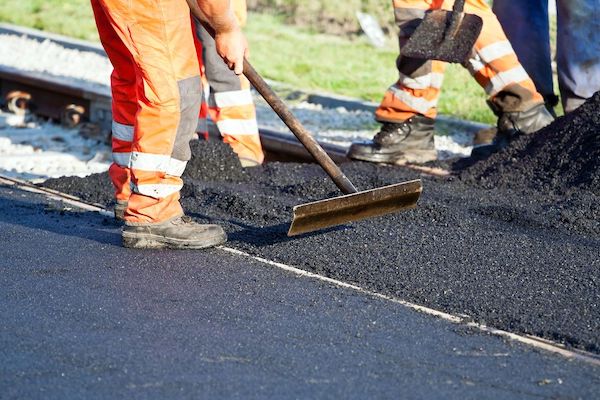India has been constructing highways at a phenomenal pace with the the National Highways itself having increased 60 per cent to 1,46,145 km in 2023, from 91,287 km in 2014 and a huge developing country like India is going to need a lot more. This infrastructure boom requires a large amount of concrete and steel.
In order to keep up with this infrastructure building spree while maintaining the environmental sustainability, India will now be using steel slag in road construction. In a significant move towards sustainable infrastructure development, Dr. V.K. Saraswat, Member (Science) of Niti Aayog, released new guidelines for the utilisation of steel slag in road construction. This announcement was made at the First International Conference on Steel Slag Road, jointly organized by CSIR-CRRI and PHDCCI in New Delhi.
Waste to Wealth
Highlighting the critical role of this initiative, Dr. Saraswat said, “Adopting these guidelines for construction and maintenance of road network using steel slag is expected to bring numerous benefits, including cost saving, reduced environmental impact, and improved road performance.” He linked the initiative to Prime Minister Narendra Modi’s “Waste to Wealth” vision, noting significant contributions by Dr. Manoranjan Parida, Director of CRRI, and Shri Satish Pandey, Principal Scientist.
Shri Nagendra Nath Sinha, Secretary to the Government of India, Ministry of Steel, emphasised the research and development efforts leading to these guidelines. He noted, “The Ministry of Steel sponsored a major R&D project to CSIR-Central Road Research Institute to facilitate large-scale utilisation of steel slag as a substitute for natural aggregates in road construction.”
Safe handling of Steel Slag
The guidelines also detail a framework for the safe handling and storage of steel slag in order to prevent environmental contamination, portraying a comprehensive approach to sustainable construction practices.
Dr. N. Kalaiselvi, Secretary, DSIR and DG, CSIR, also supported the initiative, mentioning the Steel Slag Road between Mumbai and Goa as a landmark project underlining the efficacy and potential of this technology.
The conference also saw participation from industry leaders who discussed the broader applications and environmental benefits of using steel slag in road construction. Mr. Ranjan Dhar of ArcelorMittal Nippon Steel India highlighted the success of India’s First Steel Slag Road at Hazira, Surat, which used 100 thousand tonnes of processed steel slag and has received national and international recognition for its innovative approach.
Benefits of using Steel Slag in Road construction
The use of steel slag in road construction is not just a cost-effective alternative but also significantly reduces the carbon footprint associated with traditional road-building materials. Steel slag, a byproduct of steel manufacturing, would otherwise contribute to industrial waste. By repurposing it for road construction, India is taking a step towards a circular economy.
Studies have shown that roads built with steel slag have higher resistance to wear and tear, better load-bearing capacity, and enhanced longevity. The adoption of steel slag could reduce reliance on natural aggregates, preserving natural resources and reducing quarrying activities.
Looking ahead, the Ministry of Steel plans to scale up this initiative across the country, setting a target to construct over 10,000 km of steel slag roads in the next five years. This ambitious plan is expected to foster more sustainable infrastructure development and pave the way for innovative construction practices globally.


